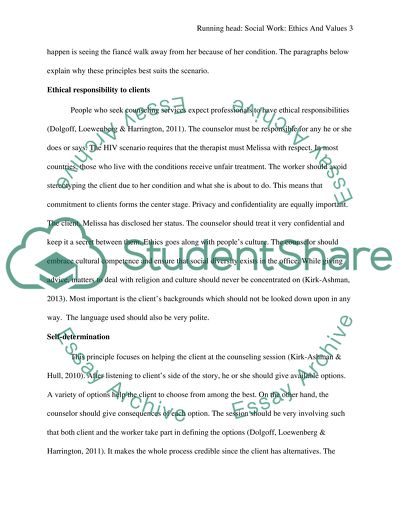Cite this document
(“Social Work: Ethics and Values Paper Term Example | Topics and Well Written Essays - 2000 words”, n.d.)
Retrieved from https://studentshare.org/sociology/1481806-social-work-ethics-and-values-paper
Retrieved from https://studentshare.org/sociology/1481806-social-work-ethics-and-values-paper
(Social Work: Ethics and Values Paper Term Example | Topics and Well Written Essays - 2000 Words)
https://studentshare.org/sociology/1481806-social-work-ethics-and-values-paper.
https://studentshare.org/sociology/1481806-social-work-ethics-and-values-paper.
“Social Work: Ethics and Values Paper Term Example | Topics and Well Written Essays - 2000 Words”, n.d. https://studentshare.org/sociology/1481806-social-work-ethics-and-values-paper.


